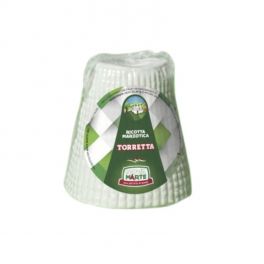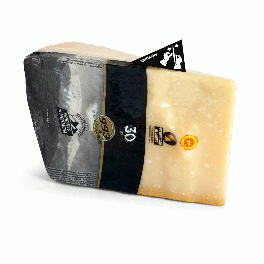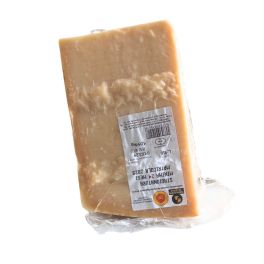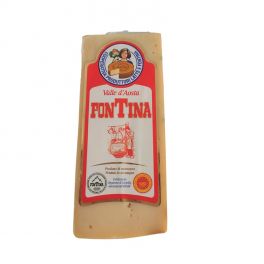Cheeses in pregnancy: which ones you can eat, which ones to avoid
In this guide we discuss cheese during pregnancy: can you eat it? Which ones should be avoided? Why is it said that cheese in pregnancy is bad for you?
You will find the answers to all these questions as you continue reading the article.
Can cheese be eaten during pregnancy?
Cheese in pregnancy, as in any phase of life, is a very important food; therefore, one should not think of removing it from the diet during gestation.
In fact, during this phase, cheese is a source of nutrients that are essential for the development of the baby and the health of the mother. Calcium, phosphorus and magnesium are substances that help develop the fetal bones and strengthen the mother's bones.
In addition, dairy products provide vitamin B12 and some protein, again essential for the body. However, certain types of cheese must necessarily be suspended from the diet during pregnancy due to Toxoplasmosis and Listeria.
What are we talking about?
What is Toxoplasmosis?
What is Toxoplasmosis?
Toxoplasmosis is a disease caused by the bacterium Toxoplasma gondii, which is transmitted to humans by contaminated or undercooked food.
This disease is particularly dangerous during pregnancy, as the adult woman's immune system, potentially able to fight Toxoplasmosis, becomes stressed during pregnancy, allowing the disease to occur.
If taken by a pregnant woman, it can lead to miscarriages and mental development problems in the foetus.
It is therefore important that foods are never consumed raw, and unpasteurised milk is among them.
Source: Humanitas, Toxoplasmosi
What is Listeria?
Listeria is an infection resulting from the bacterium Listeria monocytogenes. Like the Toxoplasma gondii bacterium, Listeria is found in undercooked food and can be easily eliminated by cooking.
Potentially dangerous foods include dairy products made from unpasteurised milk.
In pregnant women, Listeria can cause: miscarriage, premature birth, death in utero or infection of the foetus.
Cheeses in pregnancy: which ones to eat and which ones to avoid
Let us now see which are the safest cheeses to consume during pregnancy, to enjoy the nutrients and avoid contamination.
Our recommendations are taken from the advice of experienced doctors and nutritionists.
Cheeses to eatc
All hard cheeses made from pasteurised milk such as:
- Parmesan: source of calcium with a good intake in small quantities.
- Pecorino Romano
- Grana Padano
- Emmenthal and Fontina DOP
- Asiago
- Swiss Cheese
In all these cheeses, ripening helps to stop the proliferation of bacteria.
Fresh cheeses are also welcome if they are made from pasteurised milk; indeed, these products usually coincide with low-fat cheeses, which are excellent for a mother-to-be's diet.
So the go to:
- Mozzarella
- Mozzarella di Bufala Campana
- cottage cheese
- Quark
- Ricotta cheese
Cheeses to avoid
On the other hand, all cheeses, which are very fatty and very rich in water, should be avoided: 35 to 45% such as: Fodòm or Puzzone di Moena.
These cheeses are made with raw milk, therefore they can be contaminated with listeria.
All blue-veined cheeses should also be avoided, as they contain mould. Blue-veined is precisely a cheese-making technique that consists of preparing soft, moist cheeses that develop mould.
Moulds then favour the proliferation of dangerous bacteria such as Listeria and Toxoplasma gondii.
Then there are all cheeses made from raw milk such as:
- Emmentaler
- Gruyere
- Tete de Moine
- Sbrinz
- Oleout
Buy the best pregnancy cheeses from the comfort of your own home by visiting our online site!
You will find excellent mozzarella fiordilatte; buffalo mozzarella; ricotta Marzotica and ricotta stagionata; Fontina DOP Alpeggio, Parmigiano Reggiano DOP, Grana Padano DOO and Pecorini sardo and romano DOP.
Visit our website now and choose your favourite cheese, you can enjoy our food points!
Want more info on the world of food and wine?
Keep following our blog.
Until next time!


 Italiano (IT)
Italiano (IT)  Deutsch (DE)
Deutsch (DE)  Français (FR)
Français (FR)  Español (ES)
Español (ES)  Polish (PL)
Polish (PL) 






Share on: